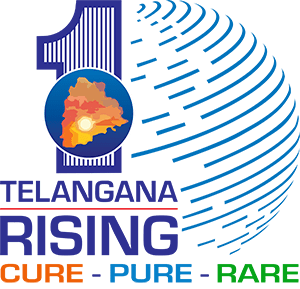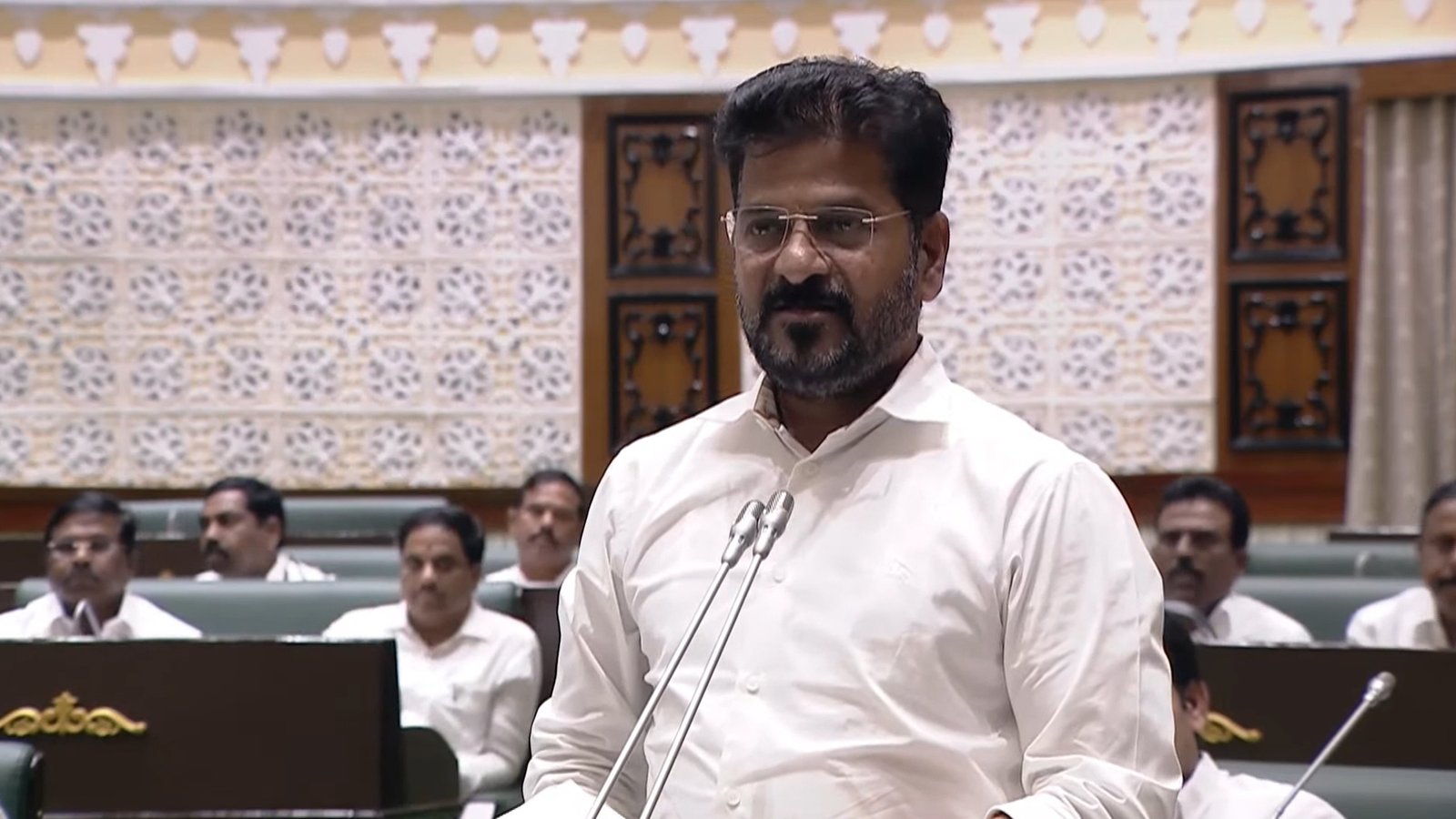Congress delivers transparency, BRS leaves a trail of scandals
When Telangana Chief Minister A. Revanth Reddy rose in the Assembly past midnight on September 1 and declared a CBI probe into the Kaleshwaram Lift Irrigation Project (KLIS), the House was on edge. It wasn’t a typical political announcement; it was a decisive moment that sought to turn the page on one of the most controversial mega-projects in the State’s history.
As the CBI officially stepped into the Kaleshwaram scam story, it showed the people of Telangana what the extent of the scam was. CBI involvement isn’t only about investigating an irrigation project gone wrong. It symbolises a larger fight in Telangana – between accountability and arrogance, between public money and private interests, between the Congress government’s intent to set things right and the BRS’s legacy of mismanagement.
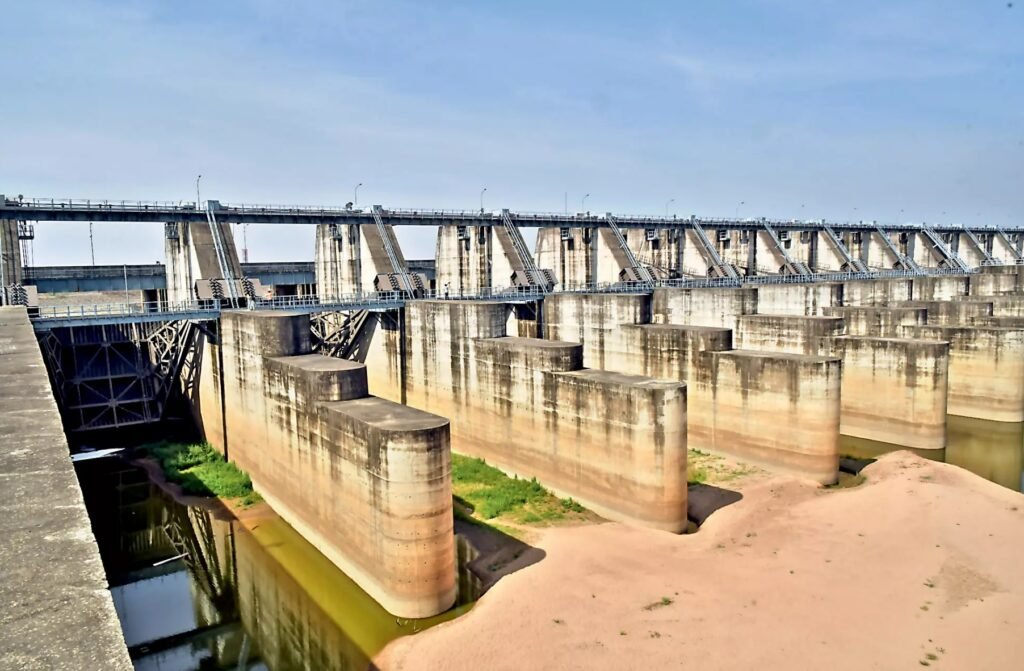
For years, the Kaleshwaram Lift Irrigation Scheme (KLIS) was showcased as the BRS’s “crown jewel” and hailed as the “world’s largest lift irrigation scheme”. Former chief minister K. Chandrashekar Rao (KCR) and his team paraded it as the world’s largest lift irrigation project, promising it would transform Telangana’s agrarian economy. The investment into the project was colossal, but people were told it was worth it.
Fast forward a few years, and we have submerged piers, crumbling barrages, and an economic black hole sucking up tens of thousands of crores of public money.
So, when Chief Minister Revanth Reddy demanded a deeper probe and welcomed the CBI into the picture, it wasn’t a political gimmick. He was only asserting that Telangana deserves answers – and, more importantly, justice.
The Kaleshwaram project was designed to irrigate lakhs of acres and bring prosperity to Telangana. But as cracks literally appeared in the Medigadda barrage within just four years of construction, so too did the gloss around it. The Justice P.C. Ghose Commission and the National Dam Safety Authority (NDSA) have since laid bare what farmers long suspected: the project was a massive financial and structural failure, riddled with irregularities.
What the reports revealed
The Ghose Commission’s 650-page report, tabled in the Assembly, was blunt. It held the then BRS leadership – including KCR and then irrigation minister T. Harish Rao – directly accountable for illegalities in planning, design, funding, and execution.
Some key findings were damning:
- Administrative approvals were split into 73 separate pieces, aggregating to over Rs. 1.10 lakh crore, without a clear funding plan.
- Of the Rs. 86,788 crore spent till 2022, 64% came from off-budget borrowings, mortgaging Telangana’s future.
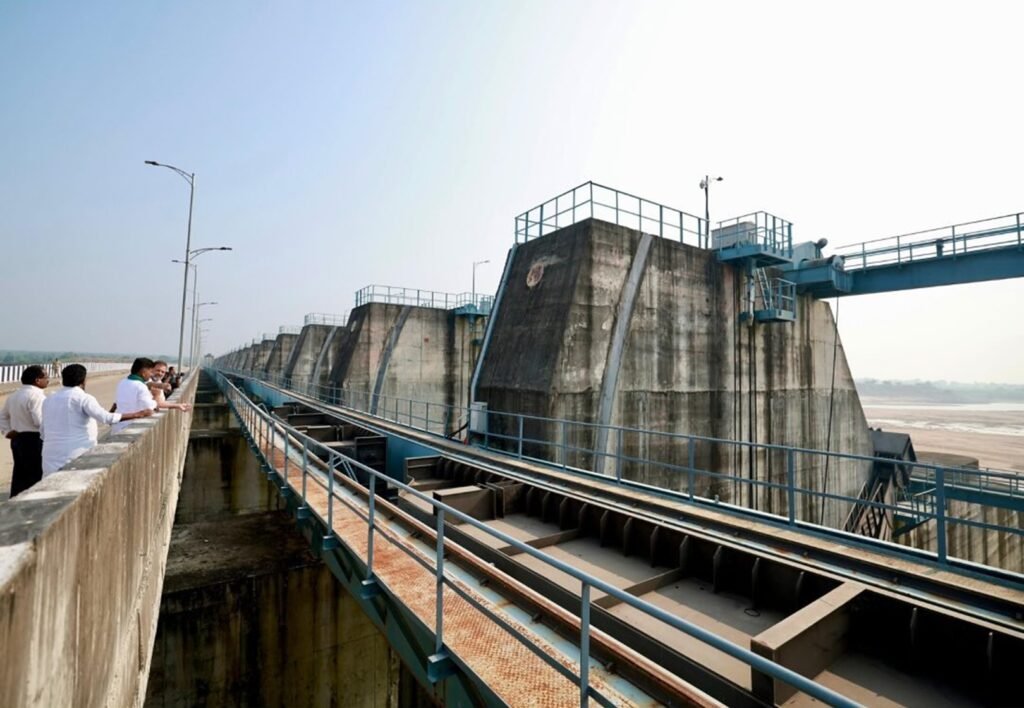
- The benefit-cost ratio was inflated; in reality, every rupee spent would yield only 52 paise.
- Power demand to operate pumps was higher than the State’s daily consumption in 2021-22, making the project unsustainable.
The NDSA further found that defects in planning, design and quality control caused the collapse at Medigadda, raising safety fears for Annaram and Sundilla as well.
Revanth’s argument: Not a mistake, plain loot
In his fiery reply to the debate, Revanth Reddy accused the BRS leadership of “writing a death warrant for Telangana”. He alleged that the shift from the originally planned Pranahita-Chevella project at Tummidihatti to Medigadda was not about irrigation needs but about creating room for corruption.
“Uncle and nephew (KCR and Harish Rao) planned to pocket Rs. 1 lakh crore,” the Chief Minister charged, quoting the Commission’s references. He reminded the House that Maharashtra had not opposed Pranahita-Chevella and that Union Minister Uma Bharti had confirmed hydrology permissions for 205 TMC ft back in 2014. Yet, the BRS government altered the project design, sidelining expert committees and ignoring retired engineers’ warnings.
“This was not development,” Revanth thundered, “this was looting of public funds.”
Numbers paint a bigger picture
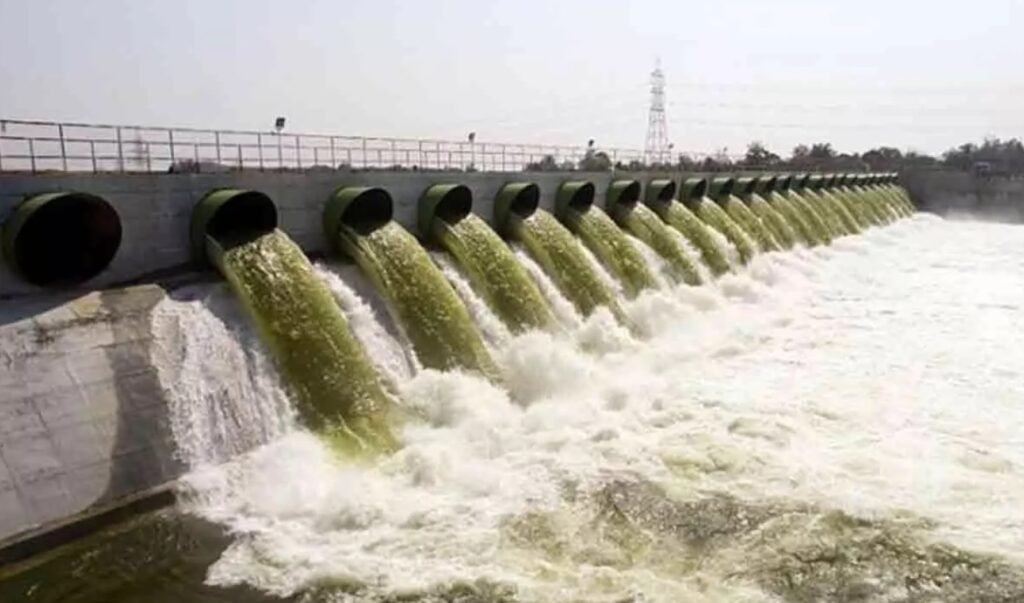
- Kaleshwaram Corporation borrowed Rs. 85,449 crore, including Rs. 27,738 crore from Power Finance Corporation at 11.5% interest.
- The State has already repaid Rs. 49,835 crore (Rs. 29,956 crore interest + Rs. 19,879 crore principal).
- Telangana still carries a debt burden of over Rs. 60,000 crore, while another Rs. 47,000 crore is needed to complete unfinished works.
Congress vs BRS: Contrasting styles of governance
The Kaleshwaram controversy has become the defining contrast between the BRS and Congress styles of governance.
- BRS under KCR: Redesigning projects, escalating costs, and borrowing recklessly at high interest rates, with little accountability.
- Congress under Revanth: Tabling inquiry reports, debating them openly in the Assembly, consulting stakeholders, and now ordering a CBI probe for transparency.
Deputy Chief Minister Mallu Bhatti Vikramarka was even more scathing: “Kaleshwaram is a ‘monument of betrayal’. Any project is designed by engineers, but this was designed by politicians for their own gain.”
Why a CBI probe matters
Revanth Reddy was clear when he said that this case involved “inter-State water issues”, Central PSUs like WAPCOS, and financial institutions like PFC and REC. Only a CBI inquiry, he argued, could ensure a comprehensive probe.
This is not just about pinning responsibility but also about restoring faith in governance. By taking the debate to the Assembly and securing Speaker’s consent, the Congress government underscored its commitment to transparency.
Importantly, Revanth assured that no one named in the Ghose Commission report – whether politician or bureaucrat – will be spared.
Political implications: BRS’s walkout shows party’s discomfort
The Assembly debate was heated. BRS members tore up copies of the Ghose report and staged a walkout, alleging they weren’t given enough time to respond. But their protests only seemed to underline their discomfort with the Commission’s findings.
For the Congress, this probe is a political marker – as it promises accountability, it automatically makes a case for being the sole protector of Telangana’s finances and people’s trust.
For the BRS, the timing couldn’t be worse. Kaleshwaram was once showcased as KCR’s achievement; today, it risks being remembered as his biggest failure.
Beyond politics: Telangana’s future
The Kaleshwaram story is also a cautionary tale. Telangana could have completed the earlier Pranahita-Chevella project at Rs. 38,500 crore, which would have been a viable, lower-cost pathway already one-third complete by 2014. Instead, the redesign has ballooned into an unviable Rs. 1.47 lakh crore behemoth.
Revanth Reddy’s government now faces the tough task of not just exposing the past but also ensuring that the future projects are economically and environmentally sound.
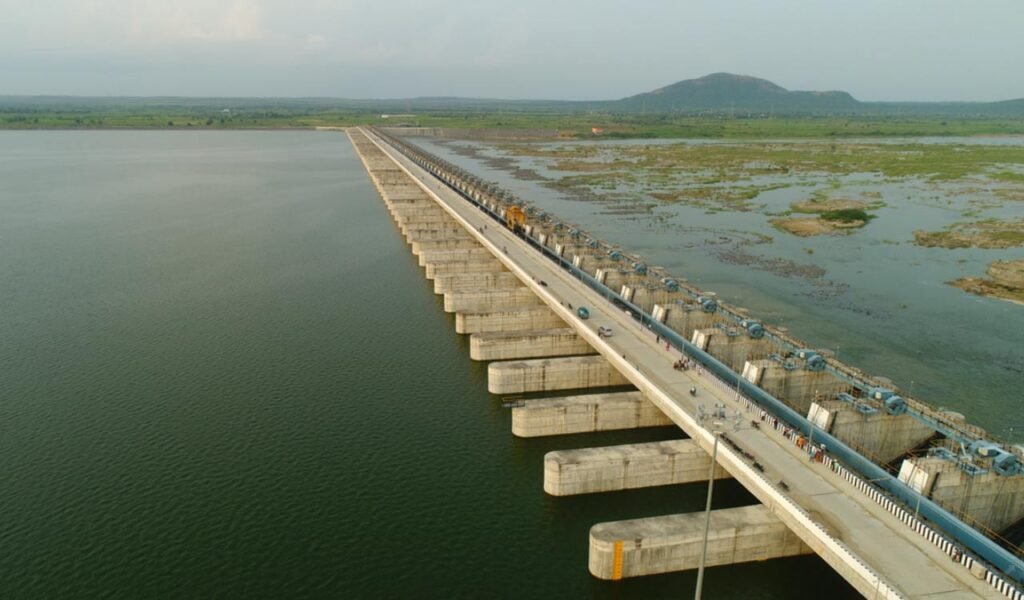
Kavitha’s admission of scam
The reason behind Revanth’s CBI move becomes CLEARER now. The latest bombshell in the Kaleshwaram scam isn’t an allegation; it’s a confession. KCR’s daughter, Kavitha Kalvakuntla, has now ADMITTED that a scam existed. Placing the blame squarely on Harish Rao, Kavitha claims that she was trying to protect her father.
This internal family feud exposes the rotten core of the previous administration. It vindicates Chief Minister Revanth Reddy’s decision to order a CBI probe. This isn’t politics; it’s a necessity. When the accused’s own family points fingers at the alleged mastermind within, a central agency probe is the only way to get to the truth.
Think of the scale: Rs. 1.25 lakh crore. Think of the betrayal. While farmers waited for water, a select few were allegedly filling their coffers, protected by a web of lies.
Kavitha’s emotional anguish is a daughter’s plea, but it’s also a citizen’s demand for justice. The CBI must now follow this new evidence, uncover the complete chain of beneficiaries, and deliver justice for the people of Telangana. The truth will soon come out.
Confronting uncomfortable truths
The decision to hand Kaleshwaram over to the CBI is a turning point. It signals that the Congress government is willing to confront uncomfortable truths, even if it means targeting its predecessor’s most publicised project.
For Telangana’s people, who have already borne the burden of nearly Rs. 50,000 crore in repayments, it offers hope that those responsible will finally face accountability.
As Revanth Reddy put it in the Assembly: “The truth must come out, and those who looted Telangana’s money will not be spared.”
And in that line lies both the promise of justice and the beginning of a new political chapter for the State.
A new chapter of accountability
The CBI probe into KLIS irregularities is also a litmus test for Telangana’s democracy. Can leaders be held accountable for monumental failures? Can public money be safeguarded from political vanity projects?
Revanth Reddy and the Congress have staked their credibility on these questions. For now, they appear determined to ensure that KLIS becomes a lesson in what not to do with people’s trust and money.
As the probe unfolds, one thing is certain: It isn’t enough to build flashy projects. What matters now is accountability, transparency, and, above all, respect for the people who foot the bill.
